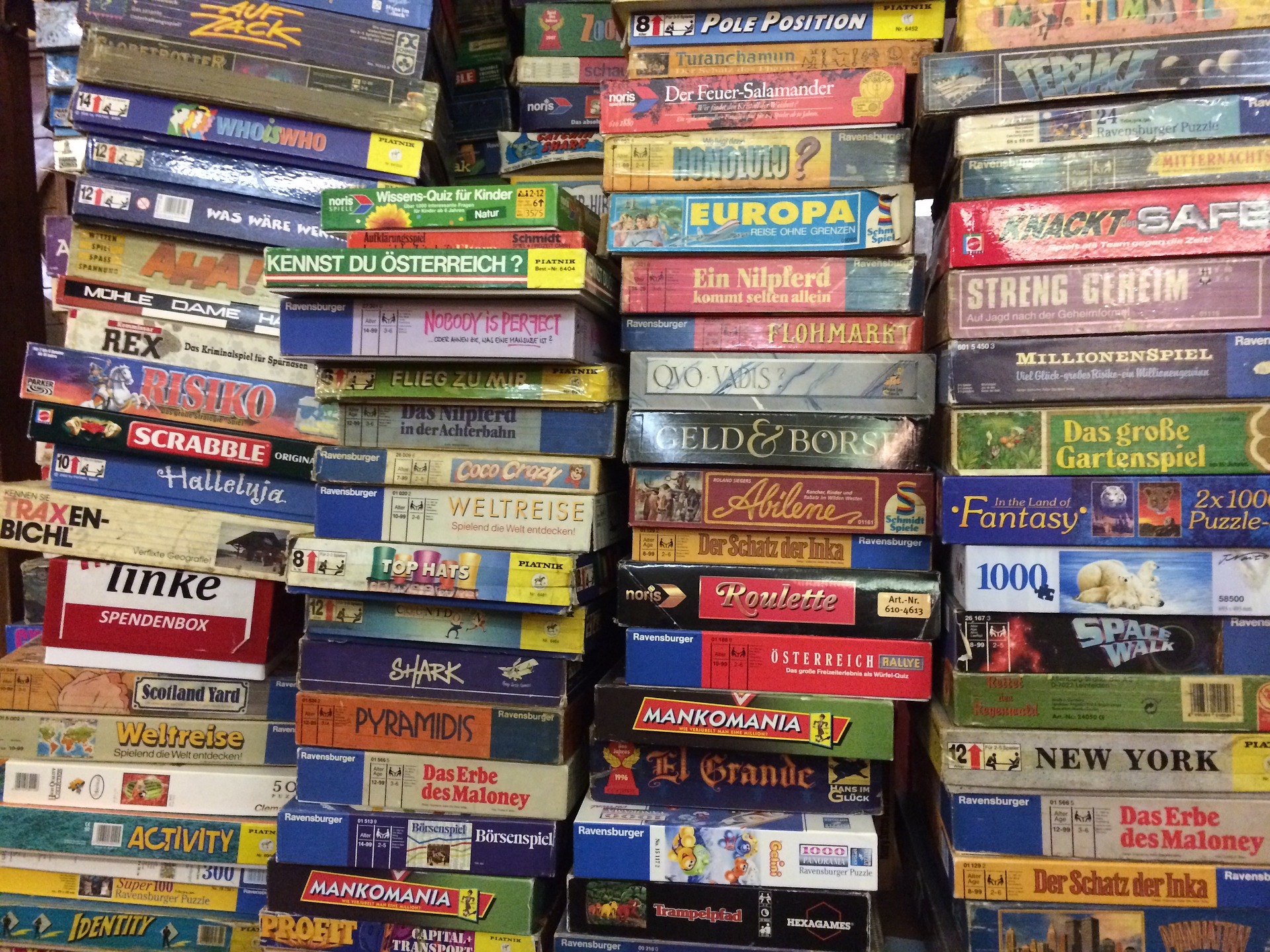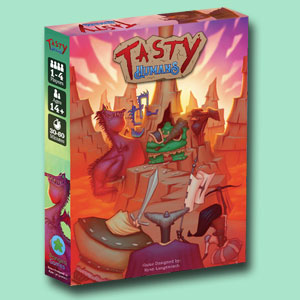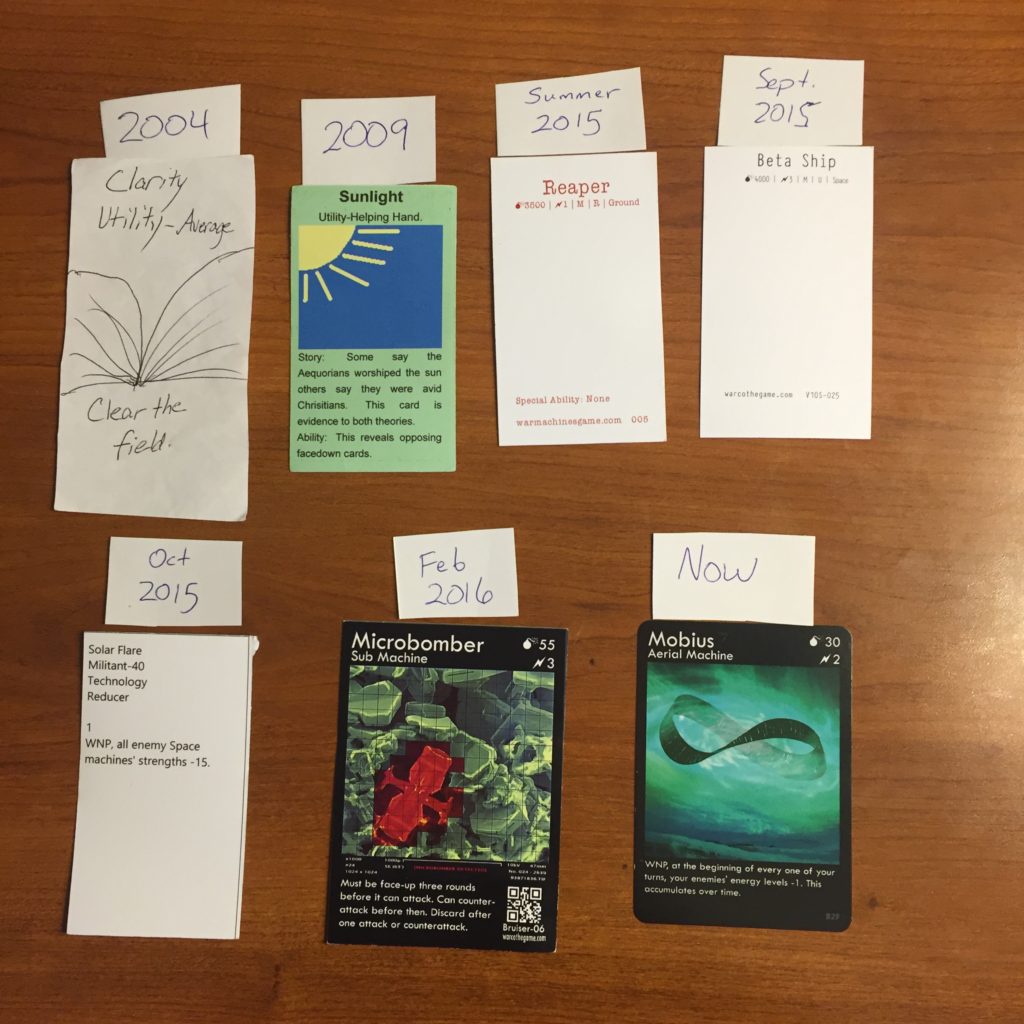Go Play!
Your to-do list is ever-growing. You need to play-test your game a few hundred times, commission some art, start a Twitter account, keep your blog up to date, fix that broken mechanic, tweak some minute detail you’re afraid you’ll forget about, all while holding down a 9-5 (or 6 or 7) job and raising kids and paying the bills…

Looking for more resources to help you on your board game design journey?
Here you go: no email required!
Like this writing style?
Check out my latest blog on marketing here.
Let’s face it. Sometimes board game development isn’t fun. Sometimes you don’t have time or energy to do what you’re trying to do. Relaxation and recreation can take a back seat to productivity.
Yet that’s self-sabotage because board game development is an intrinsically creative endeavor. Tapping into your innermost creative depths is very hard to do if you don’t meet basic needs first – the easiest of which to ignore or overlook being the need for mental rest.
Game development is hard work. Yet it’s important to take some time to remember why you decided to start in the first place. If you’re a developer, you love games – I’d be willing to take a money wager on that truth if you stay at it for more than three months. Don’t forget why you fell in love with games!

The easiest way to blow off some steam when you’re exhausted from creation is to play some games. Don’t overanalyze them, don’t study them, just play them. Play them badly if you’re too tired to play them competitively.
There may be some days when you can’t play games, or even stand to look at any piece of cardboard with a victory point track printed on it. Go hang out with your friends. Call your loved ones. Exercise. Go outside. Drive 1,000 miles for no reason and with no destination. Do something you always wanted to do. It’s okay. Your game will still be there.
Game development is a marathon, not a sprint. You must work hard and be consistent. Keep showing up and trying week after week. Just make sure you’re running at a sustainable pace.






